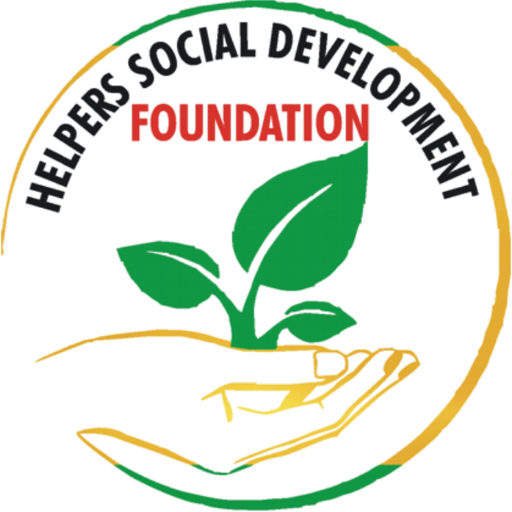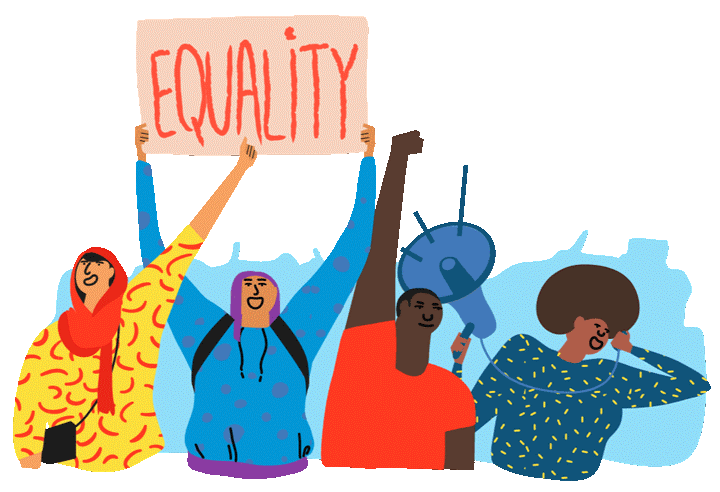March 8th is commemorated all over the world as International Women’s Day to celebrate the social, economic, cultural and political achievements of women. This day also marks a call to action for accelerating women’s equality.
The beginnings of International Women’s Day trace back to the early 20th century, emerging from the activities of labour movements in North America and Europe and reflecting a growing call for women to participate equally in society. The first International Women’s Day was observed on March 19, 1911. In the years that followed, other countries began to observe and celebrate this day.
Read Also: Poverty rate in Africa
Women play a major role in our society as mothers, housewives, doctors, nurses, teachers, social workers, lawyers, engineers to name a few.
In 2021, Women stand at the front lines of the COVID-19 crisis, as health care workers, caregivers, innovators, community organizers and as some of the most exemplary and effective national leaders in combating the pandemic. The crisis has highlighted both the centrality of their contributions and the disproportionate burdens that women carry. According to the United Nations,
- Nearly 60 per cent of women around the world work in the informal economy, earning less, saving less, and at greater risk of falling into poverty.
- Women earn 23% less than men globally.
- Women occupy only 24% of parliamentary seats worldwide.
- 1 in 3 have experiences physical or sexual violence and 200 M of girls-women have suffered genital mutilation
Girls everywhere have the power and potential to do incredible things. Unfortunately, many still face barriers that keep them from reaching their full potential, simply because they’re girls. Pervasive gender stereotypes and inequality result in millions of girls being unable to exercise their right to education or to decide their own futures.
We, at Helpers Social Development Foundation, advocate women’s rights and the right to live with dignity. This is only possible if we educate girls, empower women, give them access to proper healthcare and treat them with respect and equality. This can be started by providing these rights to the young girls in our society.
What happens when families, communities, and whole societies start supporting girls and creating an environment in which they can thrive? We create a generation of empowered girls who’ll become tomorrow’s empowered women!
How to donate to empower Nigeria Women’s

